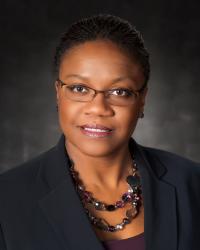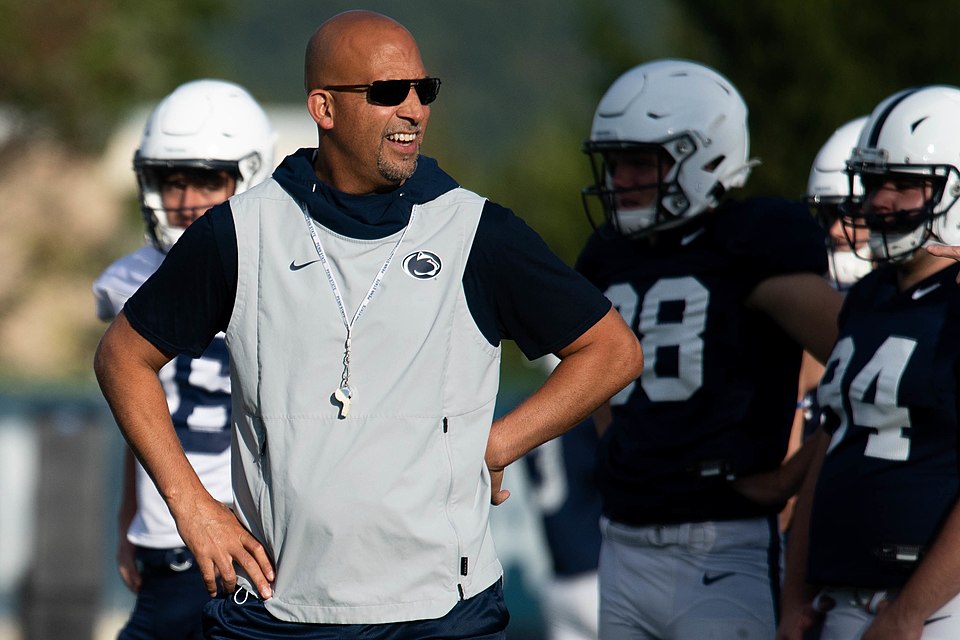HCC to revamp advising

HCC Vice Chancellor of Instructional Services Dr. Kimberly Beatty.
May 18, 2016
Houston Community College is aiming to revamp its advising and career clusters by fall 2017 in order to help students graduate sooner and not waste time and money by taking unnecessary courses.
The new Meta Majors model guides students into a particular degree path by clustering related degrees together.
Vice Chancellor of Instructional Services Kimberly Beatty, explains that with Meta Majors, “The highway is health sciences, the lane is nursing.”
With this new degree mapping, if a student switches from nursing to another health career, “you wouldn’t lose credits if you made that kind of lane change” says Project Manager Susan Goll, an HCC instructor.
“Students would choose their actual degree and degree path as close to [college] entrance as possible so that they know what’s required,” says Goll, “so that their choices are clear to students from the moment they enter the institution.”
The new curriculum mapping will help students to make “informed choices.” For example, what social science course should a science major, and what social science should a business major take?
When a student enrolls in HCC, they would meet with an advisor and be placed in a meta major. If the degrees within that meta major only have 15 credits in common, the student would have to meet with the advisor again after they have completed their first 15 courses to “choose a lane.”
In the future, more HCC students may have similar experiences taking core classes that fit whatever meta major they choose. Their second year experience would be when students choose their specific program.
Beatty called it her “dream of dreams” that when students get into their specific degree path, they are assigned a faculty member or career advisor from within their discipline to coach students through their career and academic goals.
“There is a lot that still has to happen in student services for us to get there,” Beatty admits. However, the meta majors system should be officially announced by spring 2017 and in place by fall 2017.
This new advising model is to help “make sure that students are making informed choices, it’s not to take away their choice,” says Goll, “it’s our responsibility to help guide the students.”
Advising will also be restructured to include holistic advising, which means “looking at every aspect of a student’s life, so that you can guide them into making an informed decision,” says Beatty. If a student has a job or is a caregiver, with holistic advising they will be guided into planning their academic career choices to suit their life.
“We have to make these interventions and these things we want to help students inescapable, so that you can’t get around it,” says Beatty.
HCC is also working on creating more structured schedules to help students with responsibilities outside of school complete their degree on a timely schedule.
Structured schedules are, “Regular times when courses will be offered so that students who are going part-time can have some of the opportunities that have only been available to full-time students in terms of predictions of schedules,” says Goll.
One example of a structured schedule is the weekend college at HCC Central, where students take two eight-week, hybrid courses at a time and only attend classes on Saturdays. By taking two first and two second start eight week courses, they can take a full-time course load of four classes in a semester.
HCC recently created a certificate showing that a student is core complete. This is an option for students who are short of the 60 credits needed for an associate’s degree and would simply transfer to a four-year institution without earning any diploma for their time at HCC. About 42 credits are required for this certificate.
“The core certificate is an opportunity for students to have an accomplishment—a milestone—but it also is a credential for them,” says Beatty, “it means something than just completing all my basics, it’s that I have something to show for it.”
One curriculum change that has recently been instituted at HCC is removing college algebra as a prerequisite for finite math and statistics. A college algebra course is designed to prepare students for calculus.
Goll explained that, “it’s not that you shouldn’t take algebra because it’s hard and some students might not pass it, it’s that it doesn’t give the best preparation for every type of degree path…it’s more about having the math that’s appropriate to the particular meta major.”
























